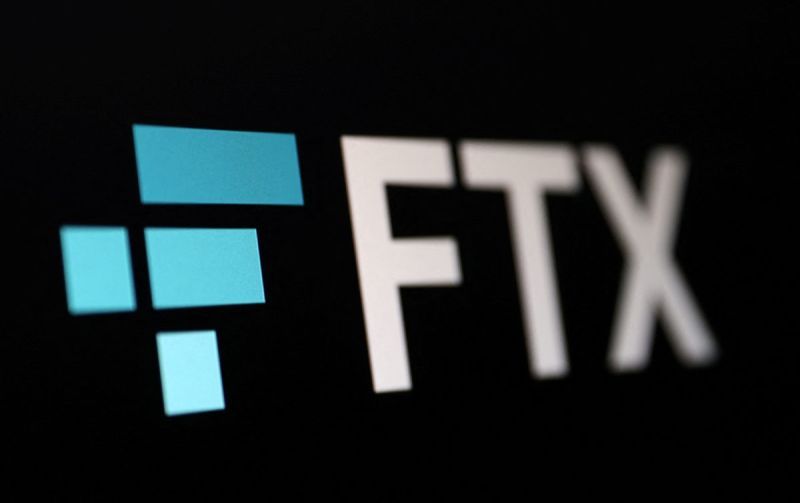Could the FTX Failure Have Been Avoided?
Stay up-to-date on trends shaping the future of governance.
Could the dramatic failure of FTX have been avoided? What went wrong, and how can startups avoid making the same mistakes? Here a few of my thoughts:
FTX's spectacular implosion has provided yet another demonstration of the tech law of amplification: namely, technology takes what works well and scales it; but it takes what works badly, and scales that too. Many circles of venture capital operate with the idea that a concern for governance should come later on in the life of a company. According to this view, governance at the early stage is restrictive and bureaucratic, and therefore antithetical to the capacity to move fast. FTX scaled superfast on this premise.
At least Mark Zuckerberg recognized in Facebook's early motto that this could lead to breaking things. In the case of FTX, those things total $8 billion in claims to potentially up to a million creditors, apart from collateral reputational damage to the crypto sector as a whole.

John Ray, the CEO appointed earlier this year, remarked of the FTX situation: "Never in my career have I seen such a complete failure of corporate controls and such a complete absence of trustworthy financial information as occurred here." Taking an even wider lens beyond controls and reporting, many commentators (like George Calhoun in Forbes) are now attributing FTX's collapse to the failure of almost any form of effective governance.
Based on the news seeping out, it's hard to disagree with that.
However, my hope is that egregious failures like FTX don't lead to an overreaction in the opposite direction. Yes, governance is designed to reduce the risk that people will break or lose certain things, specifically other people's money; but good governance at the early stage should be more than that. Good governance is about creating a platform which nurtures and supports sound evolutionary decision-making.
It took the high-profile failures of several UK-listed companies in the late 1980s to trigger the emergence of the modern corporate governance movement. Following the first Cadbury Code thirty years ago, many countries have now adopted similar measures, although those Governance Codes are designed mainly for large listed companies, not startups.
FTX is the latest this year in a series of stories of major governance lapses in VC-funded businesses at the early stage (you may also have read about Flutterwave in Africa and #Sequoia India's mea culpa). It is also the largest yet. Could this 'FTX moment' trigger convergence among early-stage funders about what good governance looks like at the early stage?
I hope so.
At Integral, we provide ESG Consulting advice, evaluation, facilitation, mentoring and coaching services to develop governance systems that fit your organization’s purpose and stage of growth. To explore further how we can help you,
read about our services, or
set up a free consultation.
S H A R E










